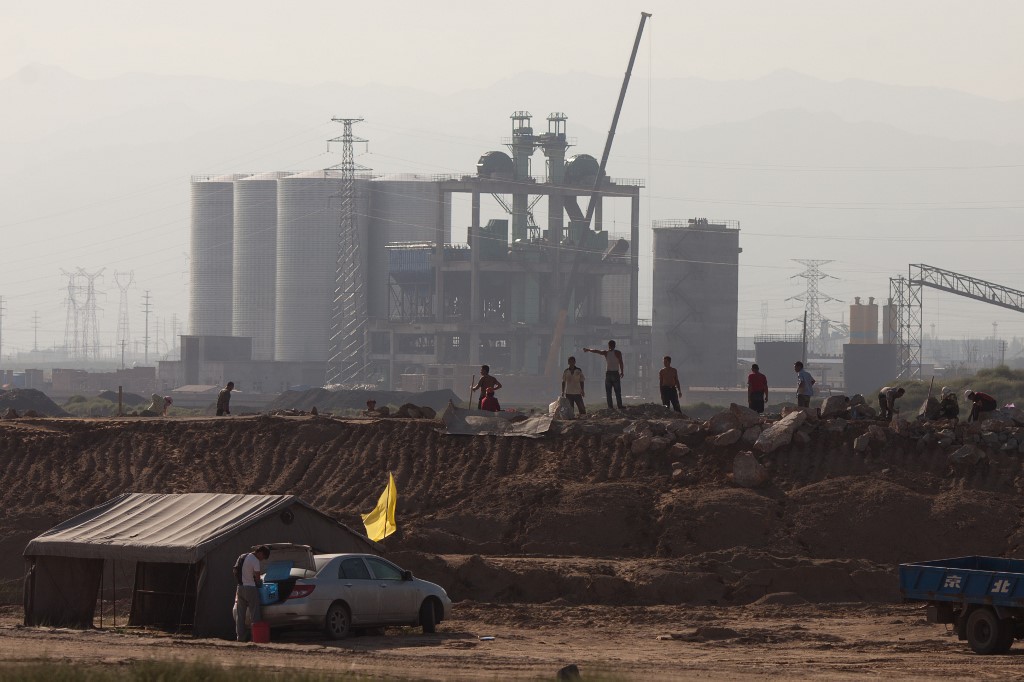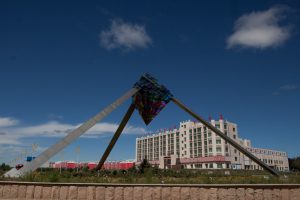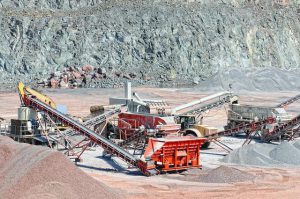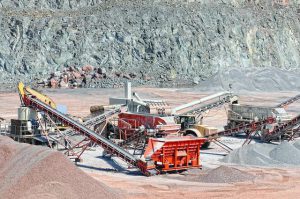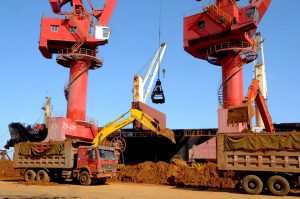(ATF) China is stepping up the pace developing the business infrastructure in Inner Mongolia as it works to solidify its position as the world’s leader in rare earths production.
As a critical centre of the country’s continued push to dominate in rare earths, officials have set up a High-Tech Zone in Baotou City, in the Inner Mongolia Autonomous region.
The aim of the zone is to build a “top brand” business environment that promotes high-quality economic and social development. Officials will also explore new working mechanisms and focus on improving the level of government services.
Read more: Musk mulls Tesla bitcoin conversion
The move comes at a time of social upheaval in the region with China looking to take the Mongolian language out of the curriculum. This has caused widespread social upheaval coinciding with the rare earth industry becoming so critical to China’s economy and international outlook.
Baotou’s environment has suffered because of the intense processing of toxic rare earths. The High-tech Zone will include targets to deal with the pollution the mining and processing operations produce.
The high-tech zone will be benchmarked against a similar zone in Qingdao, with Baotou aspiring to meet the same cleanliness standards of the gleaming Qingdao project.
Baotou and Qingdao are now interlinked, and Qingdao officials will be looking to emulate their approach and operating procedures in Baotou, according to the Xiaoxiang Morning Post.
PLANNING PERMITS
New procedures will include speeding up the issue of construction permits to two working days, and the construction project planning permits to three working days, so that the land can be listed on the next day after a contract is signed.
Ultimately, the zone will aim to build better political and business relationships for the 326 key enterprises in the zone.
Other improvements coming in will be the ‘green channel’ approval of projects which could see plans getting rubber-stamped online. There will also be 280 million yuan of credit available to enterprises.
The autonomous region was the first to carry out the reform of intellectual property pledge financing, helping companies such as Insite and Jinmeng Huici obtain patent pledge financing of 37.4 million yuan.
There will be a 2 billion yuan ‘characteristic industry investment fund’ to promote the integration of the innovation, capital and industrial chains.
INSURANCE EXEMPTIONS
They will be also looking to encourage 50 industrial enterprises to enter the autonomous region’s multilateral power trading platform, saving 300 million yuan in electricity costs. And there will be 50 million yuan worth of reduced or exempted social insurance premiums for more than 1,200 enterprises.
And the zone will see the ‘Overseas Doctors in Baotou’ recruitment push continue, which has already seen 391 overseas returnees start businesses and overseas students lead 375 enterprises.
The committee also announced that eight enterprises in the high-tech zone, including Xinli Textile, Ocean Industry and Information Technology, and Blu-ray Gear, have been approved as autonomous region-level R&D centres.
So far, the high-tech zone has 88 R&D centres of various types and levels, including five at the national level, 59 at the autonomous region level, five at the municipal level in Baotou and 19 at the district level.




